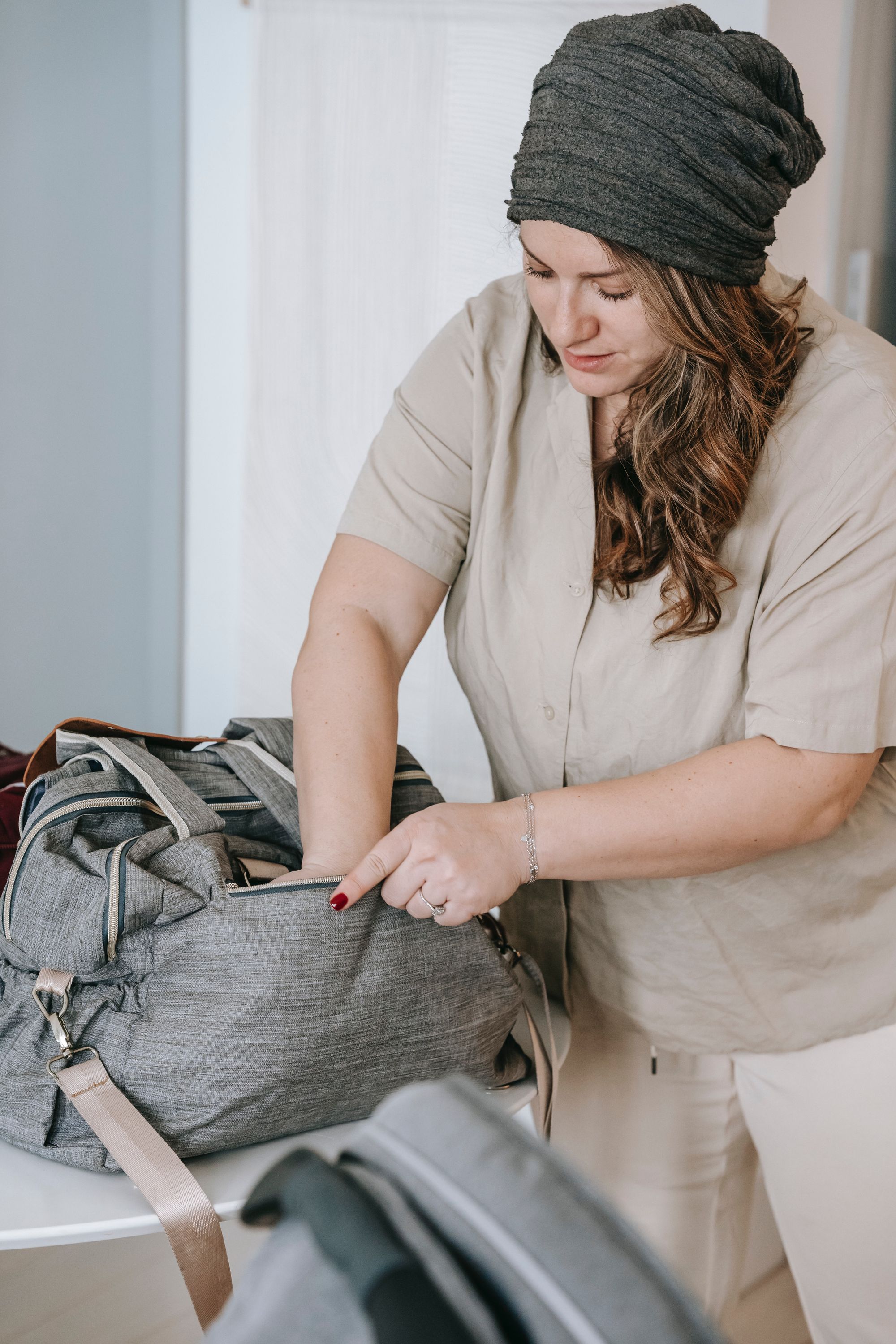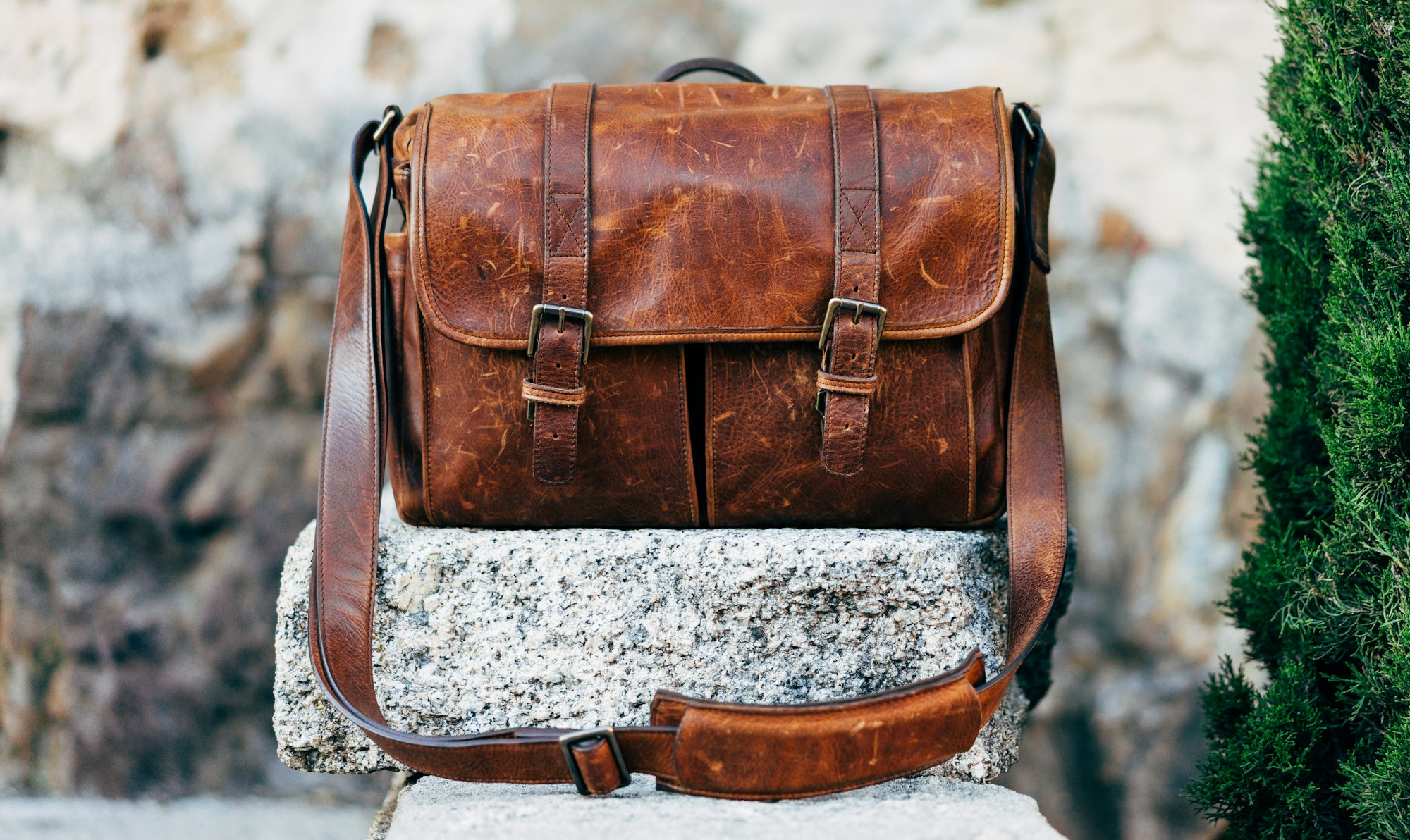The Complete Guide to Repairing Your Skin Barrier
This guide outlines the key steps, ingredients and routines proven to repair a damaged barrier. Learn all you need to know to regain soft, hydrated skin.

A healthy skin barrier is essential for keeping your skin hydrated and protected from external aggressors. However, certain issues like improper skincare, allergic reactions, or harsh products can compromise your skin's natural barrier function. When the barrier is disrupted, it leads to dryness, irritation, and other skin problems.
Fortunately, there are effective ways to repair a damaged skin barrier and restore its protective abilities. This comprehensive guide covers the key steps to strengthen your skin barrier, including ingredients and products to use. By following the advice, you can say goodbye to flaky, sensitive skin and hello to a supple, glowing complexion.
Understanding the Skin Barrier and Why it Needs Repair
The skin barrier, also known as the cutaneous barrier or acid mantle, refers to the outermost layer of your epidermis that acts as a shield against environmental stressors and moisture loss. It is made up of lipids, fatty acids, and proteins that work together to prevent water escape and invader entry.
When this barrier is disrupted, it loses its ability to retain hydration and defend against external aggressors like pollution, bacteria, viruses, and allergens. This compromise can occur due to several common reasons:
- Harsh cleansers that strip the natural oils
- Over-exfoliating or using abrasive scrubs
- Hot showers that dry out skin
- Allergic reactions and eczema flare-ups
- Medication side effects like retinoids or accutane
- Stress and other lifestyle factors
A weakened skin barrier results in dry, flaky patches and vulnerability to irritation. It becomes more prone to inflammation, rashes, and infections. Repairing this protective layer is crucial to achieve supple, healthy-looking skin.
Identifying Signs of a Damaged Skin Barrier
It's important to identify signs that your skin barrier needs repair before starting the process. Some common tell-tale indications include:
- Dry, tight skin feeling like sandpaper
- Patchy redness and inflammation
- Flakiness around the nose, cheeks, or forehead
- Deep cracks in the skin
- Itchiness or stinging after cleansing
- Sensitivity to products and weather changes
- Easily aggravated eczema or psoriasis patches
Pay attention to these warning signals and take corrective action to prevent further degradation. Don't neglect small issues, as they can worsen over time without repair.
Moisturizing Ingredients for Barrier Repair
Certain hydrating ingredients have substantiated skin barrier-repairing abilities when used regularly. Focus on incorporating these heroes into your skincare:
Ceramides
As the "glue" that holds skin cells together, ceramides are essential for barrier function. Look for ceramide NP, EPS, NS in products.
Hyaluronic Acid
This ingredient hydrates by holding 1000x its weight in water. It plumps and soothes dry patches.
Cholesterol
Works synergistically with ceramides to build and reinforce the lipid matrix protecting skin.
Niacinamide
Calms inflammation and redness while strengthening the barrier. It's gentle yet effective.
Glycerin
A humectant that attracts moisture deeply into the dermis for long-lasting hydration.
Colloidal Oatmeal
Soothes itchy, irritated skin with anti-inflammatory properties and skin-softening lipids.
Prioritize products with multiple barrier-boosting components for optimized repair effects.
Best Skincare Routines for Barrier Repair
Building an effective repair regimen requires addressing your unique skin type and concerns. Here are some basic routine templates:
For Dry, Sensitive Skin
- Gentle hydrating cleanser like CeraVe Hydrating Cream-to-Foam Cleanser
- Hydrating toner or serum with ceramides and hyaluronic acid
- Rich moisturizer with ceramides, cholesterol and fatty acids like La Roche-Posay Lipikar
- Occlusive like jojoba or squalene oil at night
For Combination Skin With Breakouts
- Sulfate-free gel cleanser like Differin Gentle Face Cleanser
- Niacinamide or salicylic acid serum
- Light moisturizer for oily T-zone like Cetaphil PRO Oil Absorbing Moisturizer
- Night cream for dry areas
For Damaged Skin From Treatments
- Avene Extremely Gentle Cleanser Lotion
- Colloidal oatmeal serum like Avene Soothing Skin Recovery Cream
- Protective moisturizer with dimethicone like La Roche-Posay Cicaplast B5 Balm
- Occlusive at night to help regrowth
Be consistent, gentle, and refrain from actives until repair is complete.
Product Recommendations for Skin Barrier Repair
To achieve the best results, use highly-rated formulas packed with repairing ingredients tailored to your concerns:
Cleansers
- CeraVe Hydrating Cleanser
- La Roche-Posay Toleriane Hydrating Gentle Cleanser
- Vanicream Gentle Facial Cleanser
Toners/Serums
- La Roche-Posay Lipikar Baume AP+
- The Inkey List Polyglutamic Acid
- Paula's Choice Omega+ Complex Serum
Moisturizers
- CeraVe Moisturizing Cream
- Aveeno Daily Moisturizing Lotion
- La Roche-Posay Cicaplast Baume
Oils
- The Ordinary 100% Plant-Derived Squalane
- Facetheory Regenoil
- Coconut or jojoba oil
Sleep Masks
- Weleda Skin Food
- Laneige Cica Sleeping Mask
- First Aid Beauty Ultra Repair Wild Oat Hydrating Toner
Be consistent for 4-6 weeks minimum to achieve the full repair effect.
Additional Tips for Skin Barrier Recovery
Beyond the routine and ingredients, consider these supportive techniques:
- Apply products to damp skin for maximum hydration
- Limit shower time and use lukewarm water
- Wear moisturizer under sunscreen during the day
- Take colloidal oatmeal or probiotic supplements
- Stress less through relaxing activities
- Drink plenty of water for inner and outer hydration
- Exfoliate no more than 1-2 times weekly while repairing
- See a dermatologist for severe cases
Give your skin barrier the TLC it needs
Here are more details on the benefits of common moisturizing ingredients for skin barrier repair:
Ceramides:
- Identical to ceramides found naturally in skin
- Fills in cracks in lipid layers of stratum corneum
- Helps restore protective acid mantle
- Reduces water loss and repairs barrier function
Hyaluronic acid:
- Attracts and binds 1000x its weight in water
- Plumps skin from within for plumper appearance
- Soothes dryness and flakiness
- Lubricates skin for supple feel
Cholesterol:
- Adds structure to ceramide-lipid matrix
- Strengthens barrier integrity alongside ceramides
- Helps skin better retain moisture
- Smooths texture and supports elasticity
Niacinamide:
- Calms inflammation and redness
- Improves barrier function by stimulating ceramide production
- Soothes irritation from barrier disruptors
- Gentle yet effective for sensitive skins
Glycerin:
- Humectant that attracts water into upper dermis
- Softens skin and fills in cracks on surface
- Allows for long-lasting hydration all day
- Improves barrier properties indirectly
Colloidal oatmeal:
- Natural anti-inflammatory for itchy, irritated skin
- Softens, soothes and calms flare ups
- Lipid-filled to nourish dry patches
- Gentle enough for eczema-prone skin
By including multiple ingredients , products comprehensively repair the protective lipid barriers and hydrate skin layers from within and out. This seals in hydration and shields from external irritants.
Which moisturizing ingredient would be most effective for repairing a damaged skin barrier?
If I had to choose one moisturizing ingredient as being the most effective for repairing a damaged skin barrier, I would say ceramides. Here's why:
Ceramides are the lipids that give structure and integrity to the skin barrier. They form the "mortar" that binds the skin cells together.
The skin naturally produces ceramides to maintain its protective acid mantle. Factors like aging, harsh cleansing, etc. can deplete ceramide levels over time.
When the skin barrier is compromised, ceramide levels are reduced. Applying ceramides topically helps replenish those that were lost.
Ceramides have been shown in studies to help repair the lipid sheets on the outermost skin layer, filling in cracks and sealings gaps.
They reduce water loss from skin, strengthening its ability to retain hydration once again.
Ceramides have an immediate repairing effect, but also long-term benefits with regular application.
Other ingredients like cholesterol and fatty acids work synergistically with ceramides to reinforce the repaired barrier.
So in summary, while a combination of ingredients is ideal, ceramides are uniquely effective because they work to directly rebuild the structural foundation of the protective barrier that was compromised. For achieving their primary function of repairing the "mortar," ceramides could be considered the most impactful choice.
Our specific skincare products recommendations that contain ceramides
There are some highly-rated skincare products containing ceramides that are excellent options for repairing a damaged skin barrier:
CeraVe Moisturizing Cream - Rich moisturizer containing 3 essential ceramides plus hyaluronic acid. Very affordable.
La Roche-Posay Lipikar Balm AP+ - Thick moisturizing balm with prebiotic thermal water and 5 lipid-rich plant butters plus ceramides.
CeraVe Moisturizing Lotion - Lightweight lotion formula with ceramides 3, 6-II and hyaluronic acid to hydrate and soothe.
Dr. Jart+ Ceramidin Cream - Luxurious cream featuring 5 different ceramides plus vitamin E, plant oils, and shea butter.
Stratia Liquid Gold - Cult-favorite serum/moisturizer packed with ceramides plus niacinamide and cholesterol for intense nourishment.
Krave Beauty Oat So Simple Water Cream - Hydrating day cream with colloidal oatmeal, ceramides, squalane and hyaluronic acid.
La Roche-Posay Lipikar Balm AP+ Intense Repair - Richer version of the Lipikar balm for very dry/damaged skin areas.
For a basic yet effective option, I'd recommend CeraVe Moisturizing Cream or Lotion. For extra dry/sensitive skin, La Roche-Posay Lipikar or Dr. Jart+ Ceramidin Cream are excellent enriched choices.
Lastly precautions and instructions that you should keep in mind when using ceramide-containing skincare products for skin barrier repair.
#Be patient - It can take 4-6 weeks of consistent use to see results as the skin barrier repairs. Stick with the routine.
#Cleanse gently - Use a mild, non-foaming cleanser without harsh surfactants that could further strip skin.
#Moisturize daily - Apply your ceramide moisturizer to damp skin after cleansing and showering while the pores are open.
#Layer lightly - Especially in very dry areas, use light layers of the product and allow each layer to absorb before adding more.
#Occlusive at night - Top your moisturizer with an occlusive like petroleum jelly or facial oil to seal hydration overnight.
#Limit exfoliating - Gently exfoliate no more than 1-2 times a week until repair is complete to avoid further irritation.
#Use sun protection - The skin will be more vulnerable during repair, so apply SPF daily to prevent UV damage.
#See a dermatologist if it worsens - If your condition deteriorates or you develop new symptoms, consult a dermatologist for additional treatment.
#Discontinue if irritation occurs - Stop use immediately if any product causes stinging, burning or increased flaking and sensitivity.




